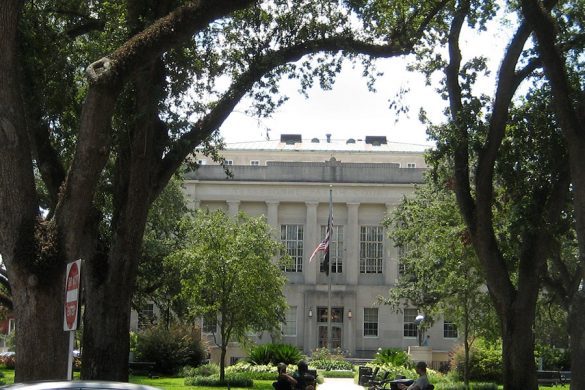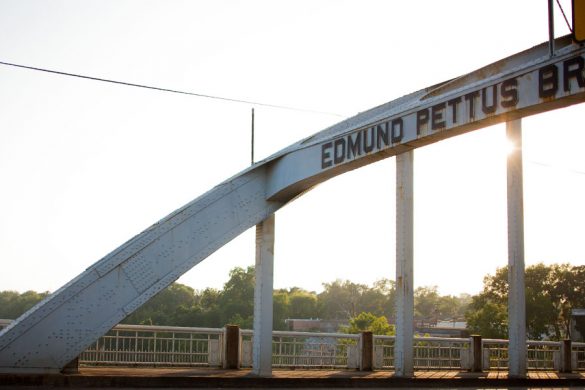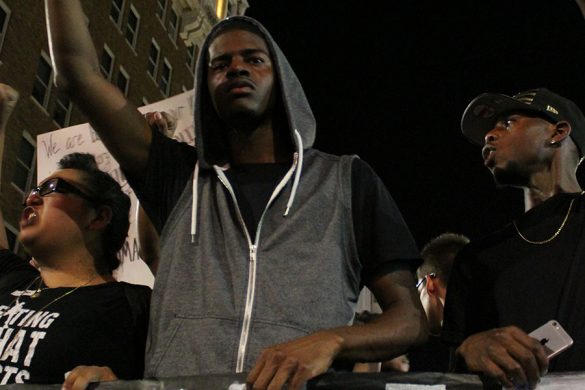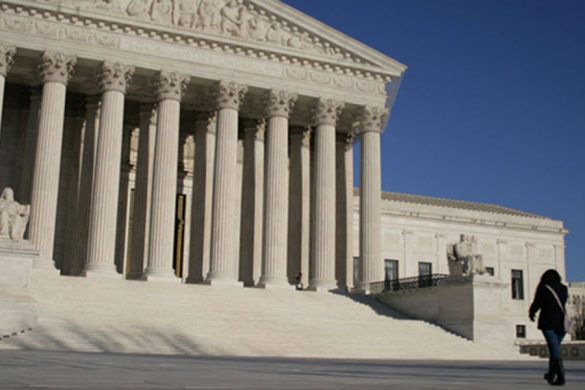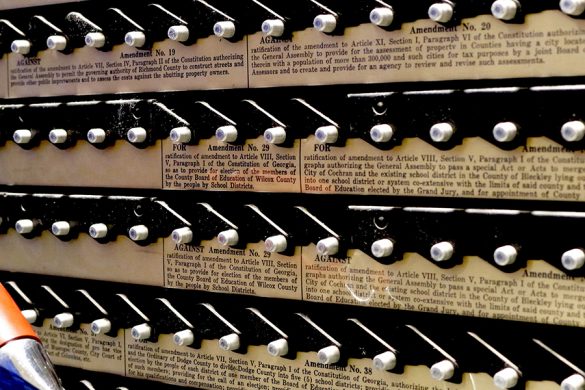WICHITA, Kan. – Advocates for gender equality say the proof of citizenship requirement to vote in Kansas can create additional barriers for women and transgender voters.
The National Organization for Women released a statement June 23 claiming women are still fighting for voting rights because of how voter identification laws can negatively affect them. The statement cites a Brennan Center report that indicated one-third of eligible women voters only has access to proof of citizenship that does not match their current name.
In 2011, Kansas Secretary of State Kris Kobach implemented the Secure and Fair Elections Act, which requires registrants to show both a photo ID and proof of citizenship. Proof of citizenship documents include a passport or birth certificate, and plaintiffs have challenged this provision in court.
Since many women and transgender voters legally change their names as adults, their current photo ID may not match their birth certificate.
For example, workers asked Sedgwick County resident Barbara Moore to produce her marriage and divorce papers when she registered to vote at her local Department of Motor Vehicles in Sedgwick County, Kansas, then again at the county election office when her registration didn’t go through. She said her name on her birth certificate did not match her current identification.
“I’m just lucky I’m halfway organized with all that stuff,” Moore told News21. She said the easiest thing would be to just not change your name at all when you get married.
Kobach said the new requirements aren’t a burden, and women do not need to produce a paper trail to vote.
“Kansas law is very clear: All you have to do is sign a piece of paper when you register or when you present the documents,” Kobach said.
The act states that if “evidence of citizenship is deemed unsatisfactory” because an inconsistency of name or gender, the applicant can sign an affidavit.
However, affidavits are almost impossible to find online, said Thomas Witt, executive director for Equality Kansas, a coalition that fights to end discrimination based on sexual orientation and gender identity.
News21 found the document through the specific URL, but it is not on the Secretary of State’s website. The affidavits also are exploitive of one’s gender identification, he said, which shouldn’t have to do with voting.
The proof of citizenship requirement concerns Witt because transgender voters cannot change the gender marker on their birth certificate through the Kansas Department of Health and Environment. This could cause problems with election workers if the photo ID and proof of citizenship requirements do not match.
“You shouldn’t have to out yourself to vote,” Witt told News21.
In 2012, Witt said he started hearing about problems, and he wanted an immediate amendment to the birth certificate provision of the state’s voter ID law.
Equality Kansas, Witt’s organization, is a plaintiff in Belenky v. Kobach, a case that accuses Kobach of creating a two-tier voting system. This means those who register with the federal form without the proof of citizenship requirement can’t vote in state and local elections.
They will have to vote with a provisional ballot, and officials will only count their votes for federal elections. On July 29, State Judge Larry Hendricks issued a temporary injunction to require officials to count all votes cast in the Aug. 2 primary, regardless of proof of citizenship.
Hendricks will have a hearing Sept. 12 to decide what will happen in the November presidential election.
Come back Aug. 20 to see the full News21 report on “Voting Wars.”
